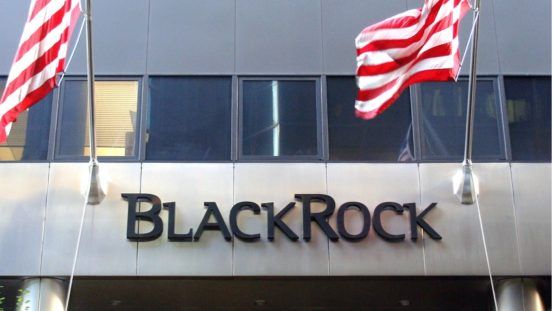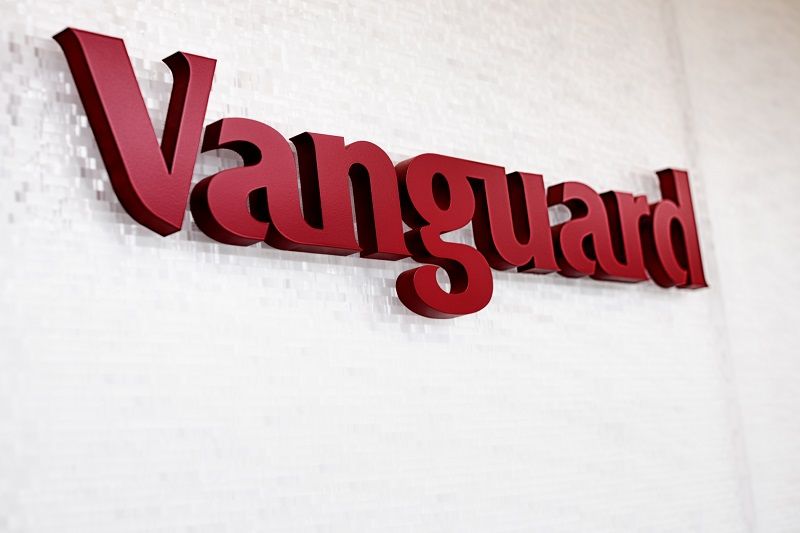Blackrock expands global bonds range
Duration on the Luxembourg-domiciled ‘go-anywhere’ fund will initially be about two years

Duration on the Luxembourg-domiciled ‘go-anywhere’ fund will initially be about two years

Investors pile into Vanguard ETF despite launch of cheaper rival

CSSF ‘needs to intervene’ to shore-up Luxembourg’s reputation after ‘grossly negligent’ actions by Sicav fund directors

As hopes for deal hang in balance an increasing number of firms are drawing up plans for cliff-edge exit

It is only the second time in the past five years have net inflows have exceeded €30bn in any six-month period.

South Asian giant’s domestically-focussed economy could deliver outperformance compared to its EM rivals if global trade war tensions rise

Renewed client demand for CLO debt despite the fact similar derivative investments sparked global financial crisis

Investors weigh in on potential spillover effects from the fall in the Turkish lira

Unconstrained fund range was available to retail investors despite inclusion of complex derivatives and currency swaps

European bank credit has suffered sell-offs in recent months but with risks priced-in the asset class now looks attractive, analyst claims

The long/short equity hedge sector has lost about 6.6% over the last three years, according to FE Analytics